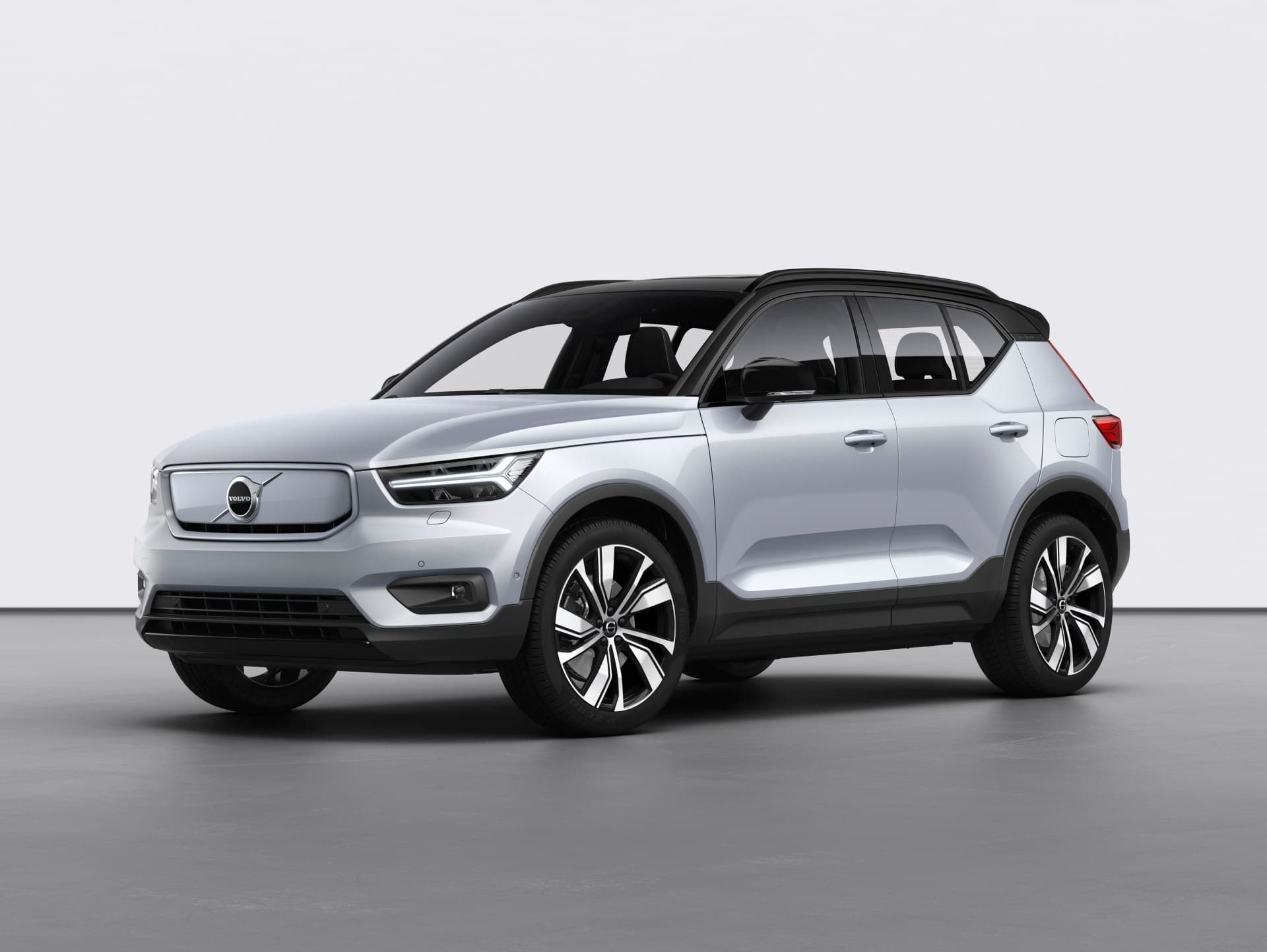Hakan Samuelsson, CEO of Volvo, has stated in a recent digital conference that the current crisis caused by the coronavirus pandemic will accelerate the mass adoption of the electric car. Also, the executive explained that, in his opinion, states should not “waste money” trying to return to the previous status quo but should promote the adoption of clean technologies.
Samuelsson also predicts that customers will gradually begin to embrace leasing and carsharing to the detriment of vehicle purchases. “I think the new generation will prefer to subscribe and have a flat monthly fee for their mobility.” According to the executive, this will occur mainly in large cities, where people do not want to own a car, but they do want to enjoy the freedom of movement. Samuelsson emphatically states that “in big cities, the private car is not a very practical concept,” surprising statements coming from the top leader of a car manufacturer.
On the other hand, he points out that the current global pandemic has weakened globalization, indicating that manufacturers will have to build vehicles wherever they are going to sell them. Besides, he emphasizes that the size of the cars could be reduced because “premium cars do not necessarily have to be large, outdated thinking. Expensive premium cars can be both small and large.” A clue to the rumored arrival of the B-SUV XC20 to the Volvo range?
Samuelsson believes that after the health crisis, online shopping will be reinforced even in the automotive sector, citing rapid changes in the way manufacturers market and distribute their cars. However, this will not mean the disappearance of dealers, as brands will continue to need retail partners to deliver vehicles and provide technical service.
Regarding autonomous driving, the executive is more cautious, stating that the industry is now more realistic than a few years ago. “Robotaxis will arrive in a few years, but its application will be limited. They will work in certain areas, only on days with good weather and up to a certain speed. That will also come, but perhaps not as fast as we thought a few years ago.”

